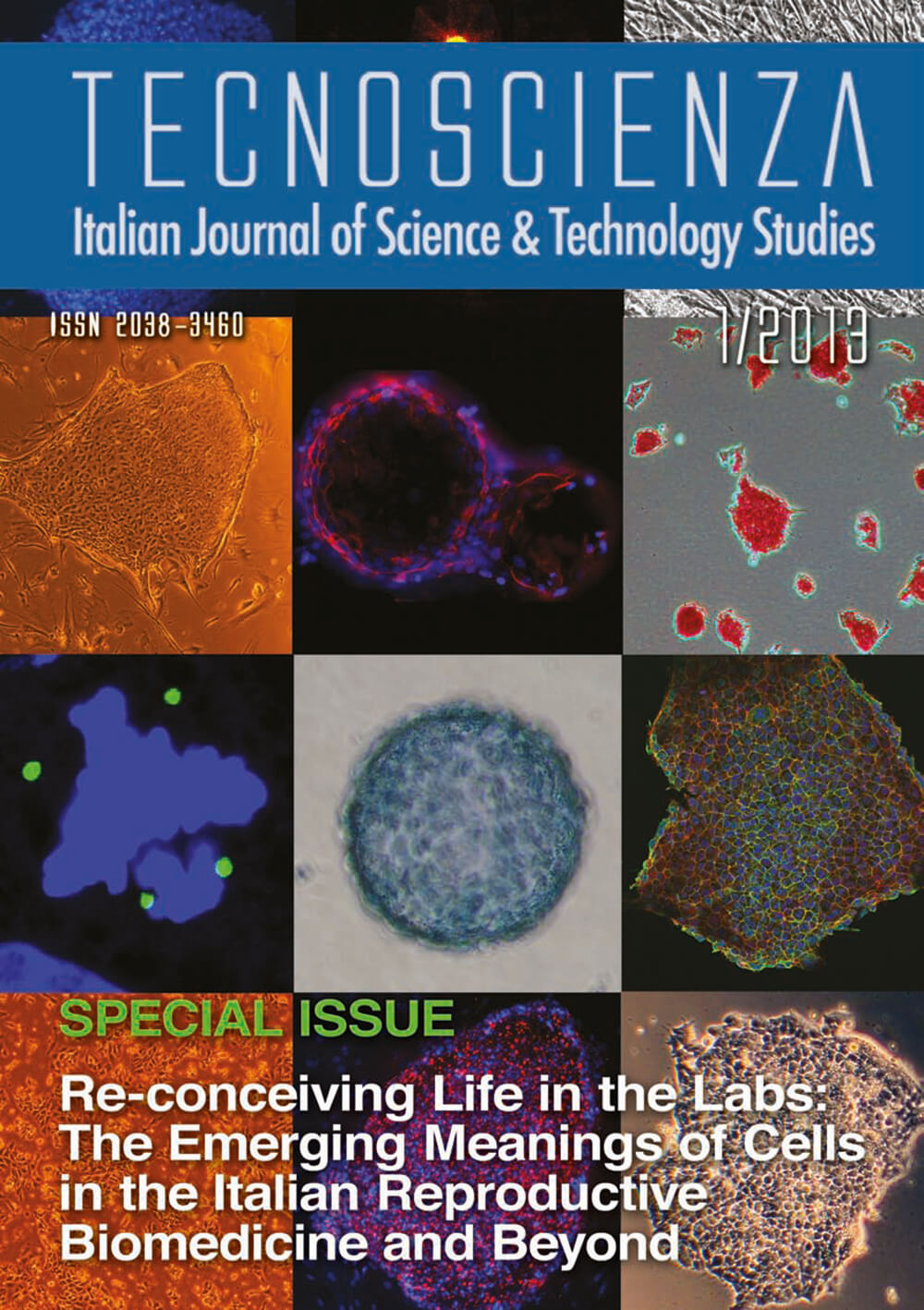Law, Biopolitics and Reproductive Citizenship: The Case of Assisted Reproduction in Italy
DOI:
https://doi.org/10.6092/issn.2038-3460/17085Keywords:
assisted reproduction, biopolitics, reproductive citizenship, reproductive rights, bioethicsAbstract
In 2004, the introduction of a restrictive law on assisted reproduction in Italy sees the privileging of a conservative model of family relations and a misogynist view of society by the political elite. This backlash politics excludes many individuals from full reproductive citizenship. In this regard what the Italian case allows us to see is the operation of a biopolitics which both governs and excludes. The 2004 Act excludes gay couples, single people and people who are carriers of genetically inherited conditions from access to assisted reproductive technologies. Such an exclusionary biopolitics has provoked a counter-politics of resistance against the legislation. This article examines the manner in which individuals have contested the legislation’s prohibitions, and, in so doing, looks at how this might constitute an example of what Nikolas Rose has termed an ethopolitics. The concept of ethopolitics allows us to visualize the potential of an active counter-politics of resistance for restoring reproductive citizenship to those deprived of it by legislative interventions of this nature.





